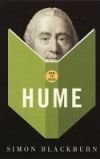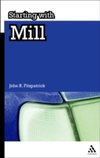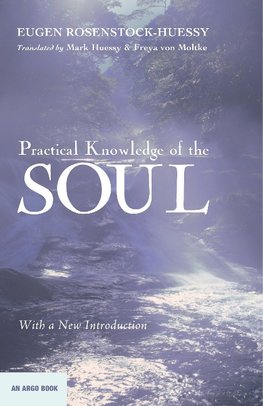
-
 Anglický jazyk
Anglický jazyk
PRAC KNOWLEDGE OF THE SOUL
Autor: Eugen Rosenstock-Huessy
""When Thomas Paine exclaimed: 'These are the times that try men's souls,'"" Rosenstock-Huessy noted, Paine ""did not mean men's bodies or men's minds. And we know it."" In this book devoted to knowledge of that mysterious entity, ""soul,"" which neither... Viac o knihe
Na objednávku
17.82 €
bežná cena: 19.80 €
O knihe
""When Thomas Paine exclaimed: 'These are the times that try men's souls,'"" Rosenstock-Huessy noted, Paine ""did not mean men's bodies or men's minds. And we know it."" In this book devoted to knowledge of that mysterious entity, ""soul,"" which neither philosophers nor psychologists will have anything to do with, Rosenstock-Huessy gives soul essential, practical meaning. Without recourse to anything mystical or transcendental or merely poetic, he assures us of the reality of the individual soul for healthy human beings, and connects it to his larger work on an entirely new grammar that elevates to primacy the imperative and vocative forms of speech.
Rosenstock-Huessy makes us aware, as few other writers can do, of the limitations inherent in the structure of the natural and social sciences, how much is blindly left out for the sake of adhering strictly to materialist and quantitative methods. In any lifetime there are profound transformations of one's soul, which a correct analysis of grammar, true to human experience, helps us recognize and appreciate. As he states here, ""The grammar of the soul is not an ineffectual luxury. . . . The disclosure of the miraculous world of the soul by a grammar based on the primal forms will create an applied study of the soul that should assume its place next to the modern era's technical natural science.""
""Rosenstock-Huessy was a prophet who, like many great prophets, failed in his own time, but whose time may now be coming.""
--Harold J. Berman
""I was influenced enough by Rosenstock-Huessy to write a now forgotten book on his theme Respondeo etsi mutabor, 'I respond although I will be changed.' The motto would be on my coat-of-arms if I had one.""
--Martin E. Marty
""Rosenstock-Huessy continually astonishes one by his dazzling and unique insights.""
--W. H. Auden
Eugen Rosenstock-Huessy (1888-1973) was a historian and social philosopher who, along with his friend Franz Rosenzweig, and Ferdinand Ebner and Martin Buber, was a major exponent of speech-thinking (sprachdenken). The central insight of speech-thinking is that speech or language is not merely, or even primarily, a descriptive act, but a responsive and creative act, which forms the basis of our social existence. The greater part of Rosenstock-Huessy's work was devoted to demonstrating how speech, as distinguished from mere chatter, through its unpredictable fecundity, expands our powers and unites humankind through time and space. Born in Berlin, Germany, into a non-observant Jewish family, he converted to Christianity in his late teens. In 1914 he married Margit Huessy. Rosenstock-Huessy served as an officer in the German army during World War I, and much of his later thinking was shaped by reflection on the catastrophe of the war. His distinguished academic career teaching medieval law in Germany was disrupted by the rise of Nazism. Immediately upon Adolf Hitler's ascent to power in 1933, Rosenstock-Huessy emigrated to the United States, initially teaching at Harvard University and then at Dartmouth College, where he taught from 1935 to 1957. A prolific author, two of his major works in English are Out of Revolution: Autobiography of Western Man (originally published in 1938), and the Christian Future: Or the Modern Mind Outrun (originally published in 1946), both of which are sold by Wipf and Stock in re-print editions.
- Vydavateľstvo: Wipf and Stock
- Rok vydania: 2015
- Formát: Paperback
- Rozmer: 216 x 140 mm
- Jazyk: Anglický jazyk
- ISBN: 9781498282109
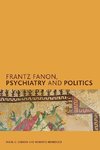
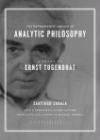
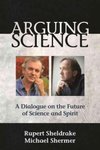
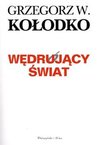

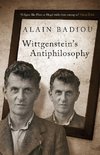
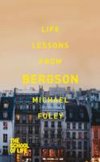
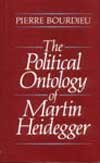
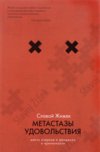
 Ruský jazyk
Ruský jazyk 